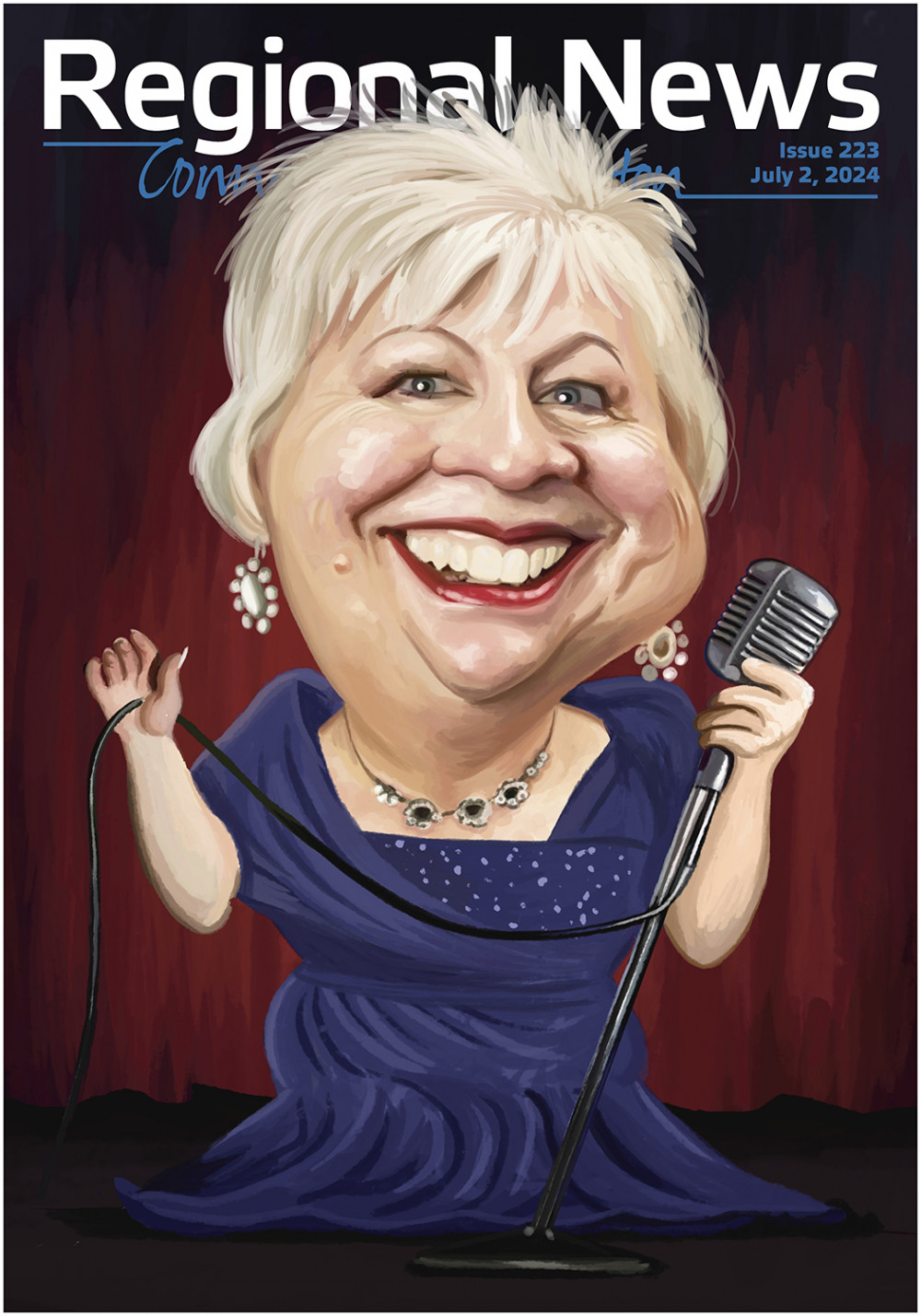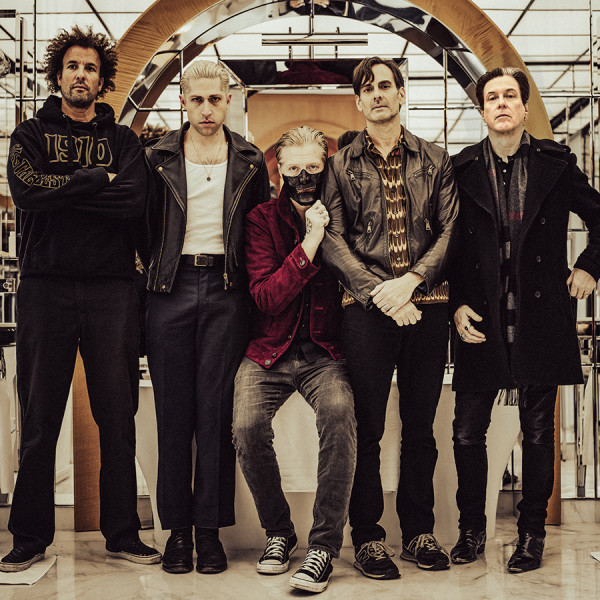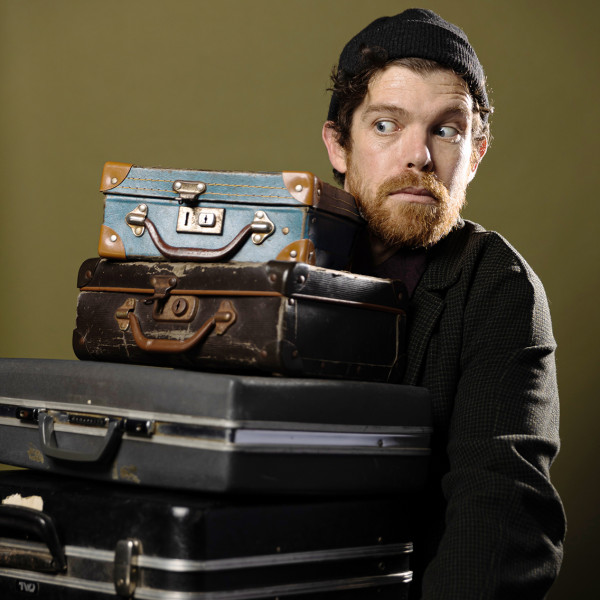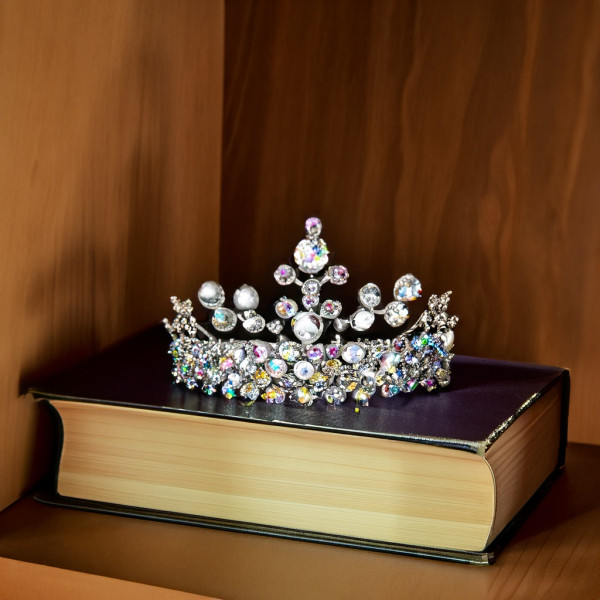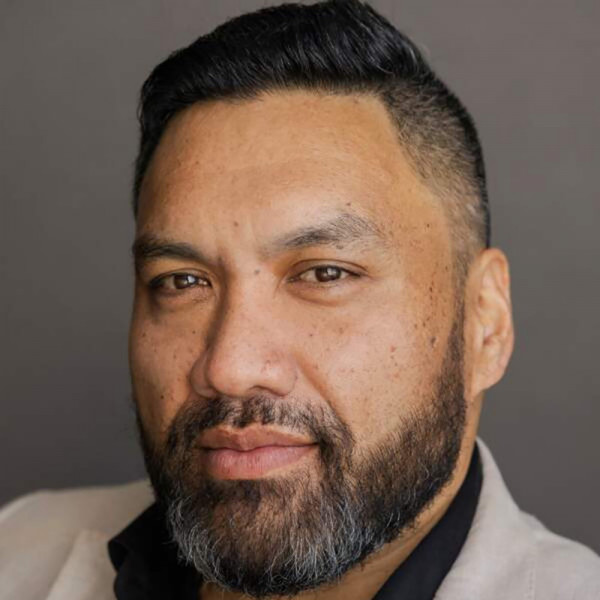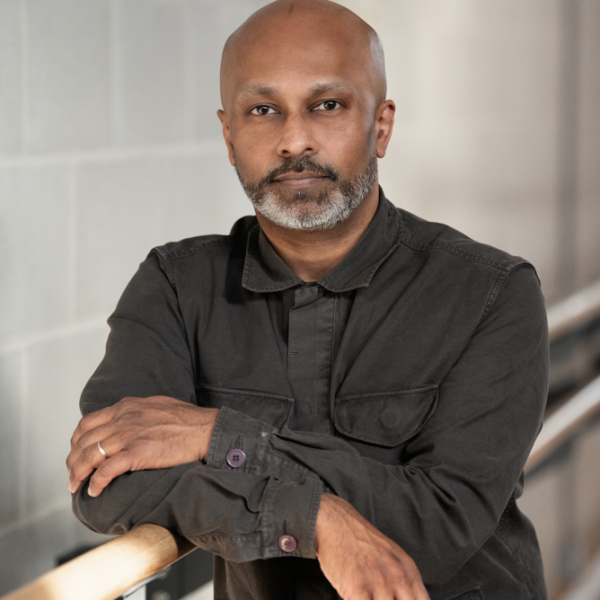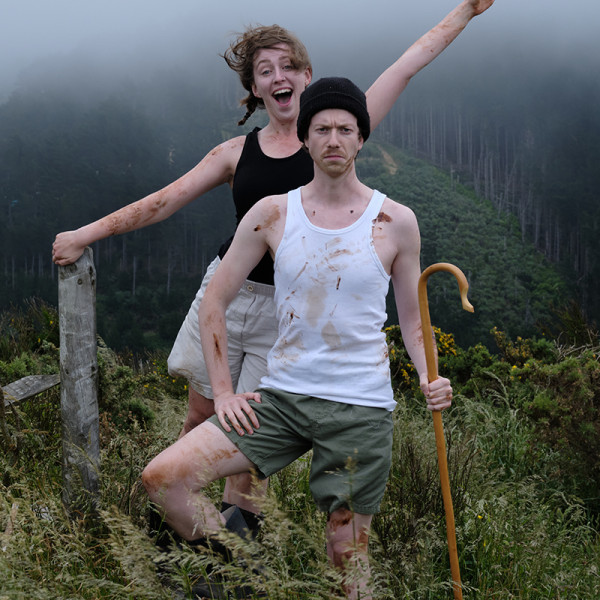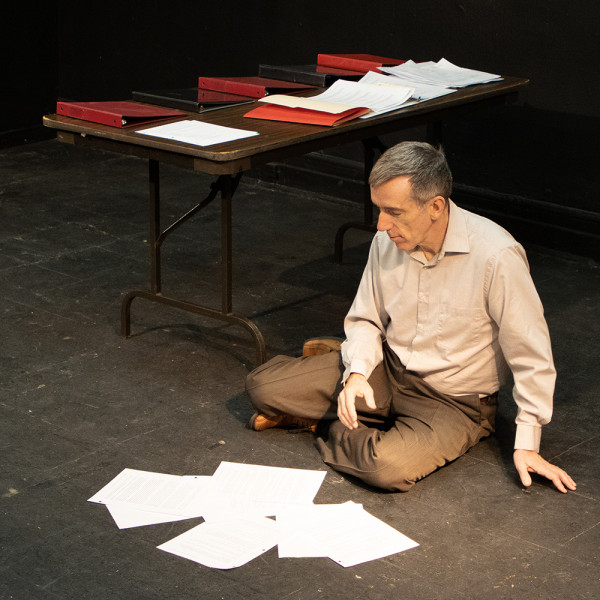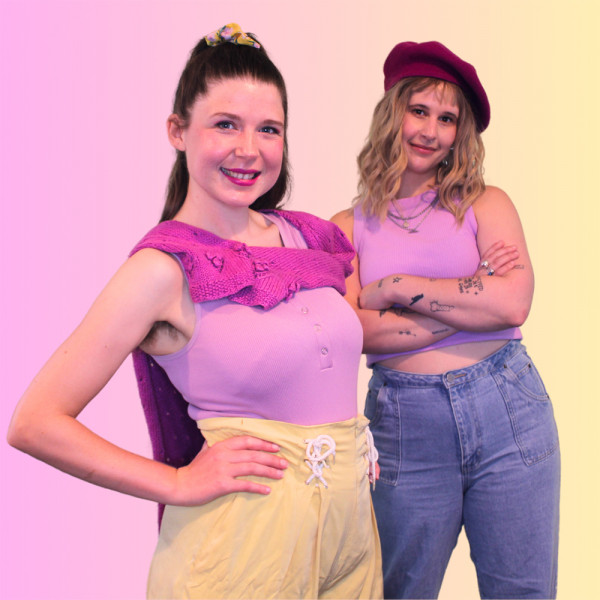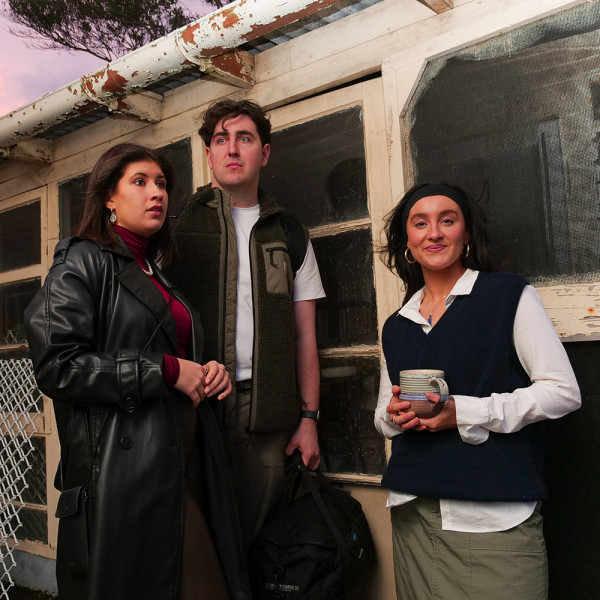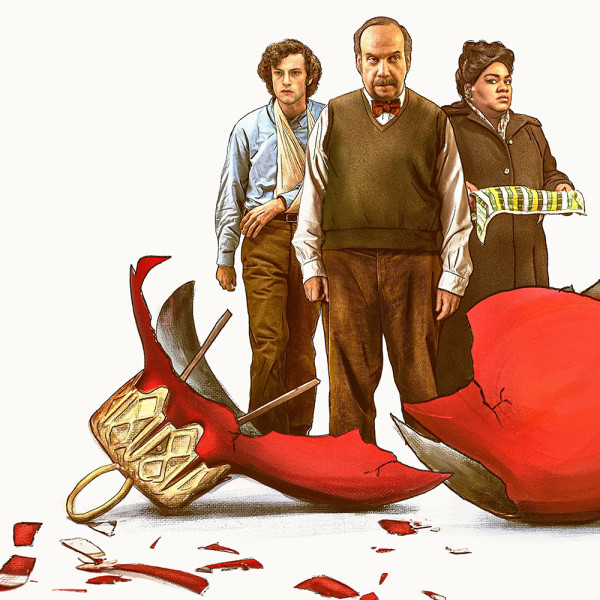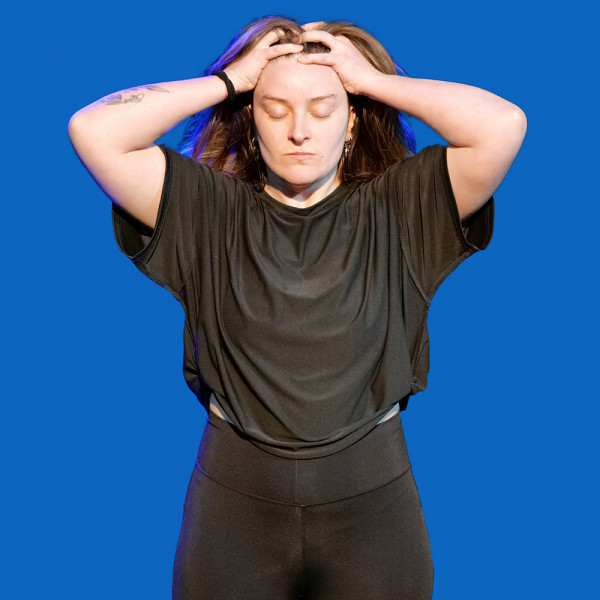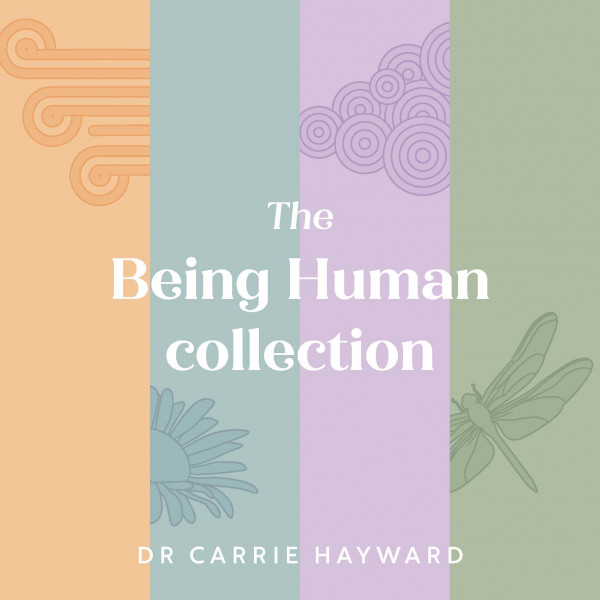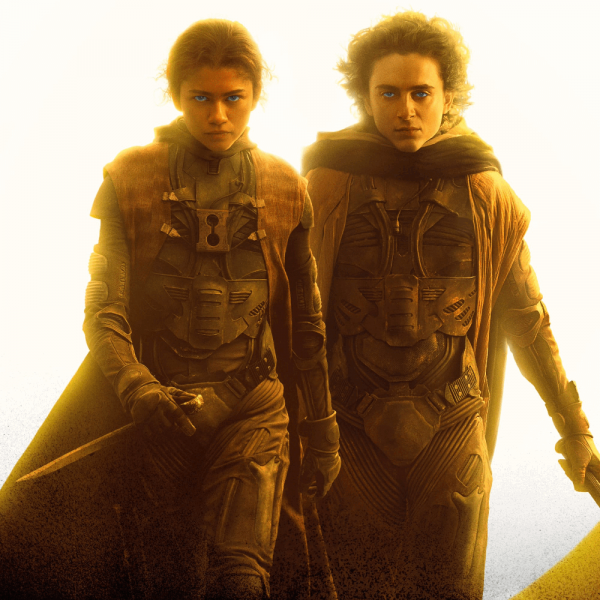
There is no grammatical reason for the word ‘spice’ to be capitalised in Dune: Part Two. The hinge upon which this story turns, spice is the psychedelic drug harvested from the Sahara-esque planet of Arrakis. As the evil Baron Vladimir Harkonnen (Stellan Skarsgård) says in the opening line of the film, “He who controls the Spice, controls the universe.” This is all well and fine, but why did they have to go and capitalise spice? In Frank Herbert’s books, spice is rightfully helmed by a small ‘s’. In the real world, we do not capitalise oregano or basil, nor cocaine or marijuana. It’s not a proper noun either. It’s a sparkly, hallucinogenic dust that has turned the Fremen’s home planet into a desolate, battle-torn wasteland; a dust that has destroyed House Atreides and made our protagonist Paul (Timothée Chalamet) both a fugitive and a prophet; a dust that makes the whole world turn.
This grammatical oversight, however, is my biggest criticism. Directed by Denis Villeneuve, Dune: Part Two is a spectacular space saga worth the two hour and 45-minute runtime. I highly recommend watching it on a big screen to become fully immersed in Greig Fraser’s arresting cinematography and soak in the magnitude of Patrice Vermette’s soviet dystopian design. The seats shake to Hans Zimmer’s reverberating soundtrack, a rumbling storm on the horizon threatening to break – a mirror to the unfolding story.
At the centre of Dune: Part Two are the Fremen, the Indigenous people of Arrakis who are involved in a conflict much larger than they realise. The two Fremen sects are expertly personified by Stilgar (Javier Bardem), who believes Paul is Lisan al Gaib or the messiah, and Chani (Zendaya), Paul’s love interest, who thinks the idea of a foreign saviour was planted by those trying to subjugate them in the first place. Paul’s destiny weighs heavy on his shoulders as he chooses between which fate he must follow. Like it or not, he is at the centre of a universe waiting to explode.
There will definitely be a third instalment, so buckle up – it’s a wild and bumpy ride on the back of a behemoth sandworm.



